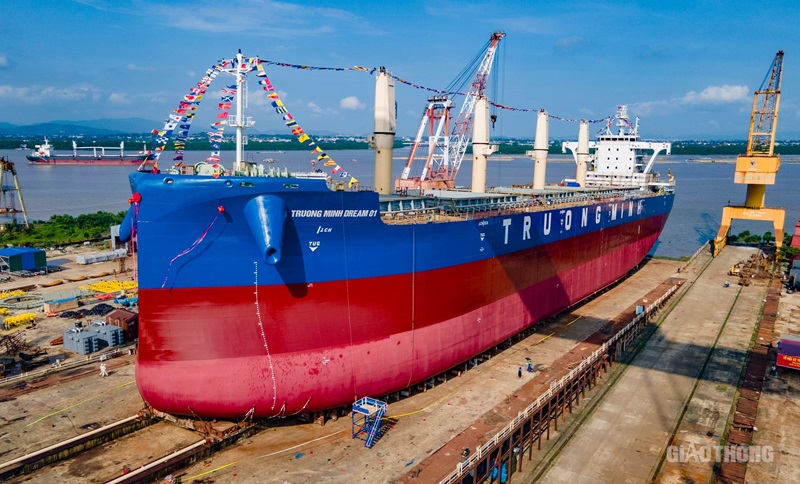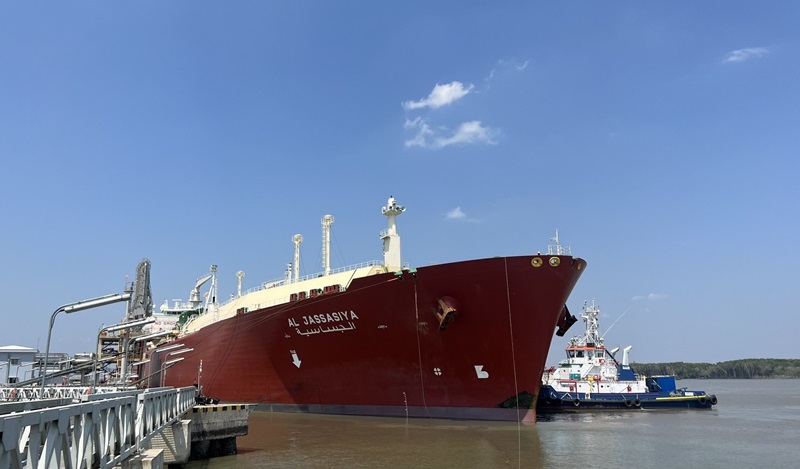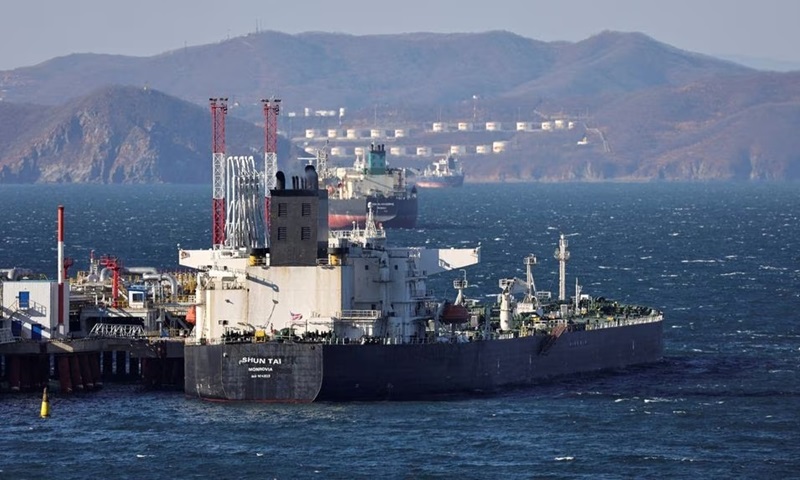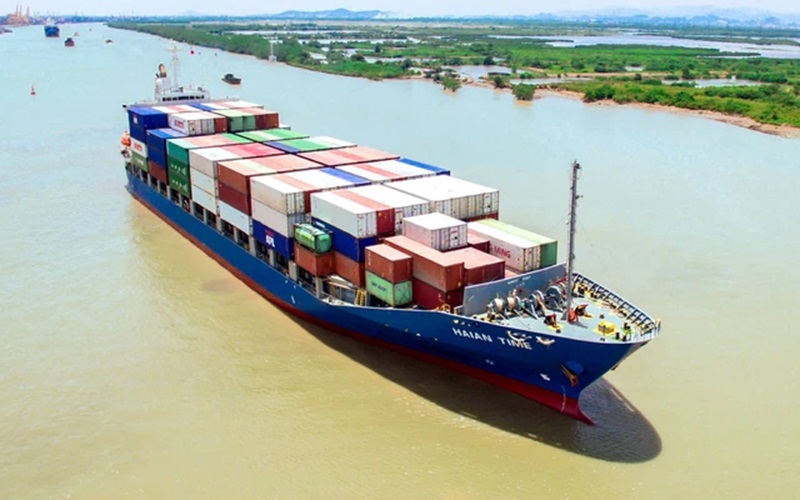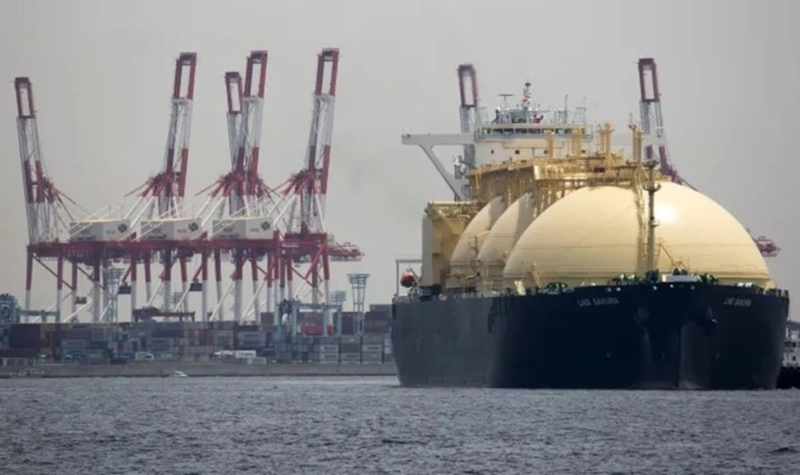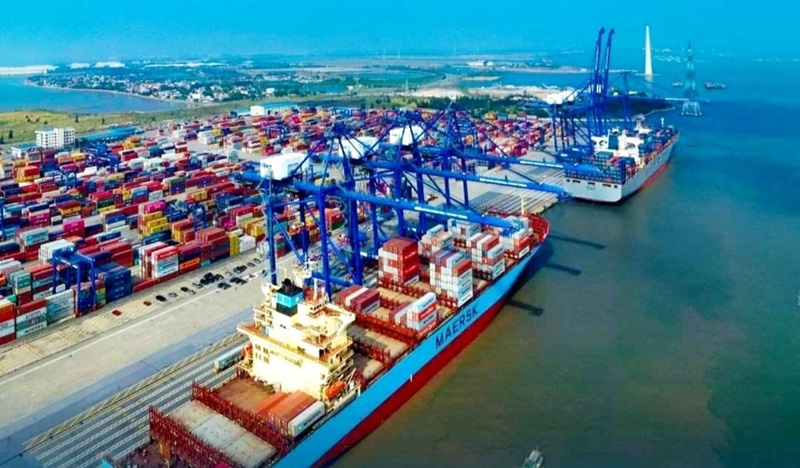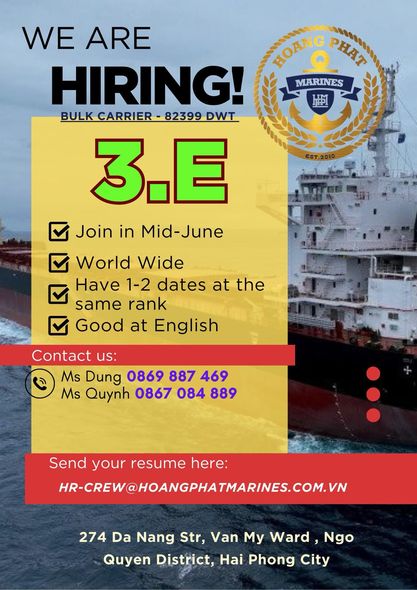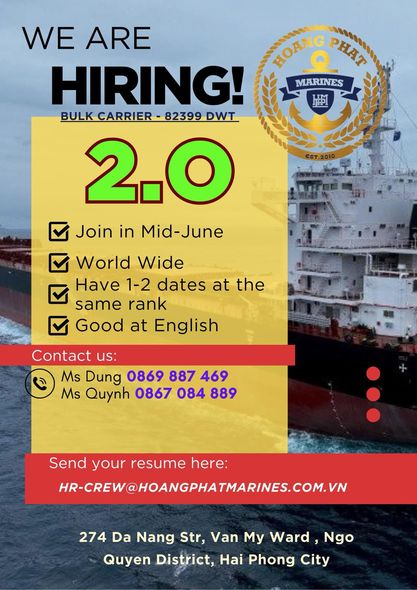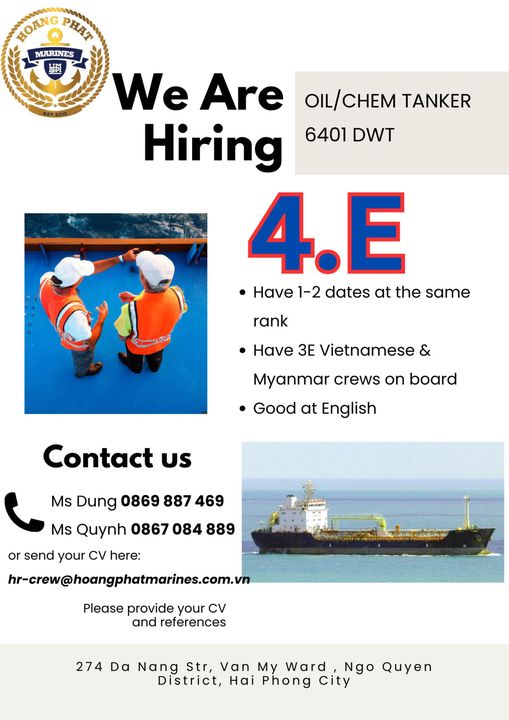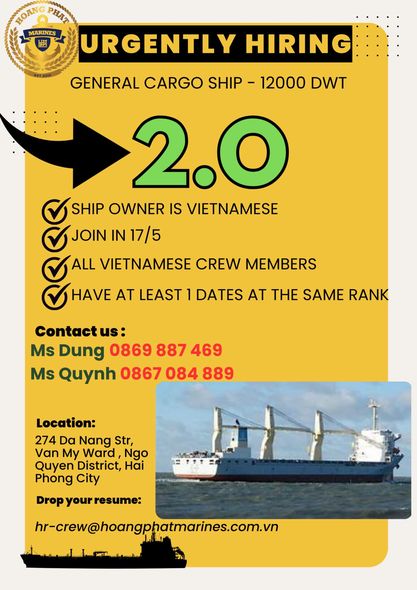
INTERNATIONAL MARINE TRADE: The global shipping industry faces a fuel dilemma
Shipping accounts for approximately 90% of global trade and is responsible for nearly 3% of the world's carbon dioxide emissions.
.jpg)
The global shipping industry is under increasing pressure to decarbonize, but unclear regulatory guidelines, including on which cleaner fuel large ships should use, are complicating further complicating the path towards net zero.
Global shipping companies are looking for ways to reduce their carbon emissions, especially as the International Maritime Organization (IMO), which regulates the global shipping industry, is being pushed to adopt sector's greenhouse gas emissions fee.
The IMO Maritime Environmental Protection Committee has concluded its 81st meeting and participants have agreed on a possible draft of the IMO net-zero framework. Those guidelines, which could set fuel standards and emissions prices, are still under discussion and could be adopted or amended at the group's next meeting this September.
At the CERAWeek energy conference in Houston the week of March 22, executives said switching to cleaner-burning fuels is one path to reducing emissions, but many in the industry don't want to do it. make the necessary changes to use new fuels - such as retrofitting engines or buying new ships due to the lack of a long-term regulatory framework.

Shipping accounts for about 90% of world trade and is responsible for nearly 3% of the world's carbon dioxide emissions. Most large ships today run on very low-sulfur fuel oil, a tar-like oil that is relatively cheap and energy-dense, meaning it takes a fairly small amount to propel the ship long distances. long distance. The lack of clarity makes ocean carriers reluctant to commit to using another less carbon-intensive fuel for their fleets, be it methanol, ammonia, biodiesel or liquefied natural gas (LNG). carry hydrogen.
Most ship engines are designed to use one fuel, and with an average lifespan of 25 years, companies run the risk of committing to a fuel that is underdeveloped and unpredictable at scale. tissue than traditional fuel refills. Fuel and technology uncertainty in the sector is also pushing costs up, as companies are forced to diversify their investments across multiple fuel options.
And cleaner marine fuels, like methanol and ammonia, are also seeing demand from other sectors, such as across Asia, where countries are looking to wean power plants off coal. The question is where shipping will fall in the pecking order of future fuel availability.
Tin liên quan



